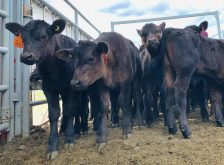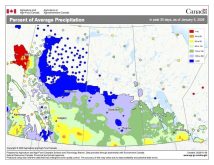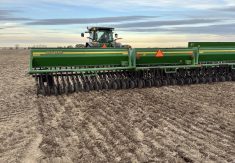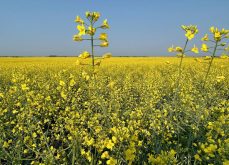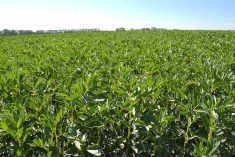If you can’t beat ’em, join ’em. For much of their careers so far, a group of southern Alberta seed growers has competed to supply commercial seed to farmers in their area. Now they have formed Seed- Net, an umbrella company so they can work together to provide better service.
The 14 seed growers farm more than 50,000 acres and have more than two million bushels of storage and seven seed-cleaning plants. Most have designated chemical warehouses.
“SeedNet will allow us all to leverage our resources and better manage our production and inventory,” says company president Ron Markert of Vulcan. He says members will still be able to farm independently, but meet more of their customers’ needs without every one having to produce all the varieties they expect to be in demand. They’ll keep each other up to date on their seeding plans and the progress of their crops as well as inventories so that if one grower doesn’t have the variety a customer asks for, they’ll be able to quickly access seed from another member.
Read Also
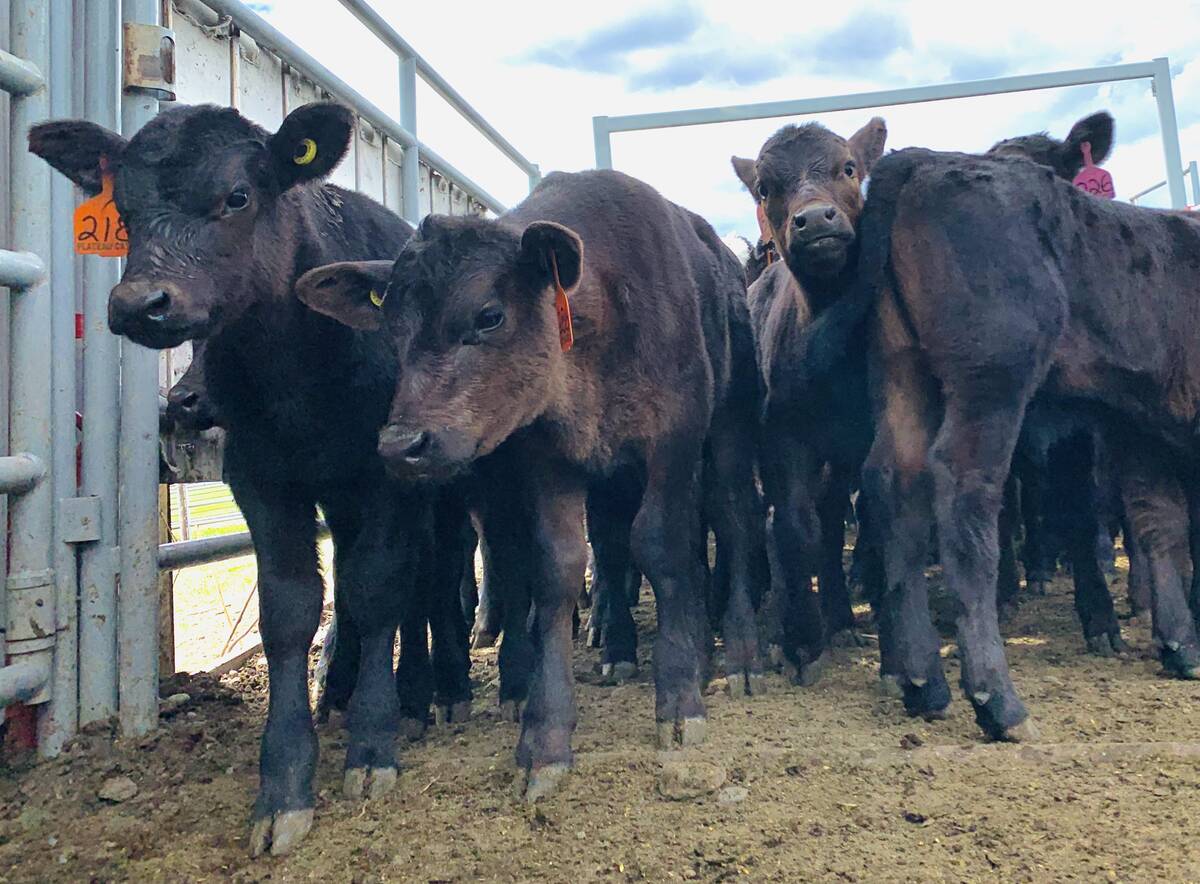
How ‘care and compassion’ protocols drive performance at this Alberta ranch
Plateau Cattle Company says lowering stress in calves using science-based practices leads to higher weaning weights and better animal health.
Markert says the arrangement may be especially helpful for winter wheat. A member whose harvest is delayed for some reason will be able to arrange seed for a customer by calling another member whose crop is already in the bin.
Changing seed business
The formation of a single company from 14 family businesses is a response to consolidation in the seed industry.
“The seed industry is changing,” says Markert. “There are fewer independents and more big companies marketing seed, fewer public varieties and more that are privately held. Life is getting tougher for single-family operations like ours,” he says. “As SeedNet, I believe we can build on our individual reputations for honesty and integrity through partnering with people with the same ethic.”
SeedNet members chose to form a limited company as the framework for their co-operation. That structure allows shareholders to leave or new members to join relatively easily.
One of their first tasks has been to set out rules for getting in and out of the company and making decisions. They’ve decided all their decisions must be unanimous, so their collective voice will represent them all. “Our customers know us as strong, contributing members of our communities as well as suppliers of Certified Seed, says Julie Benci of Benci Seeds at Carmangay. “Now, if we don’t have a particular variety, we’ll know where to get it. We can offer our customers a wide choice of varieties without sending them hunting elsewhere for it.”
In future, SeedNet may acquire licenses to produce new varieties, says Benci.
“I see us becoming the link between the breeder and the field,” she says. “We have a lot of expertise in SeedNet and we don’t just sell seed. We’ve grown it, watched it in the field and know all about it. And if we haven’t grown a variety ourselves, someone else in the group has.”
———
“Therearefewerindependents andmorebigcompanies marketingseed,fewerpublic varietiesandmorethatare privatelyheld.Lifeisgetting tougherforsingle-family operationslikeours.”
RON MARKERT


